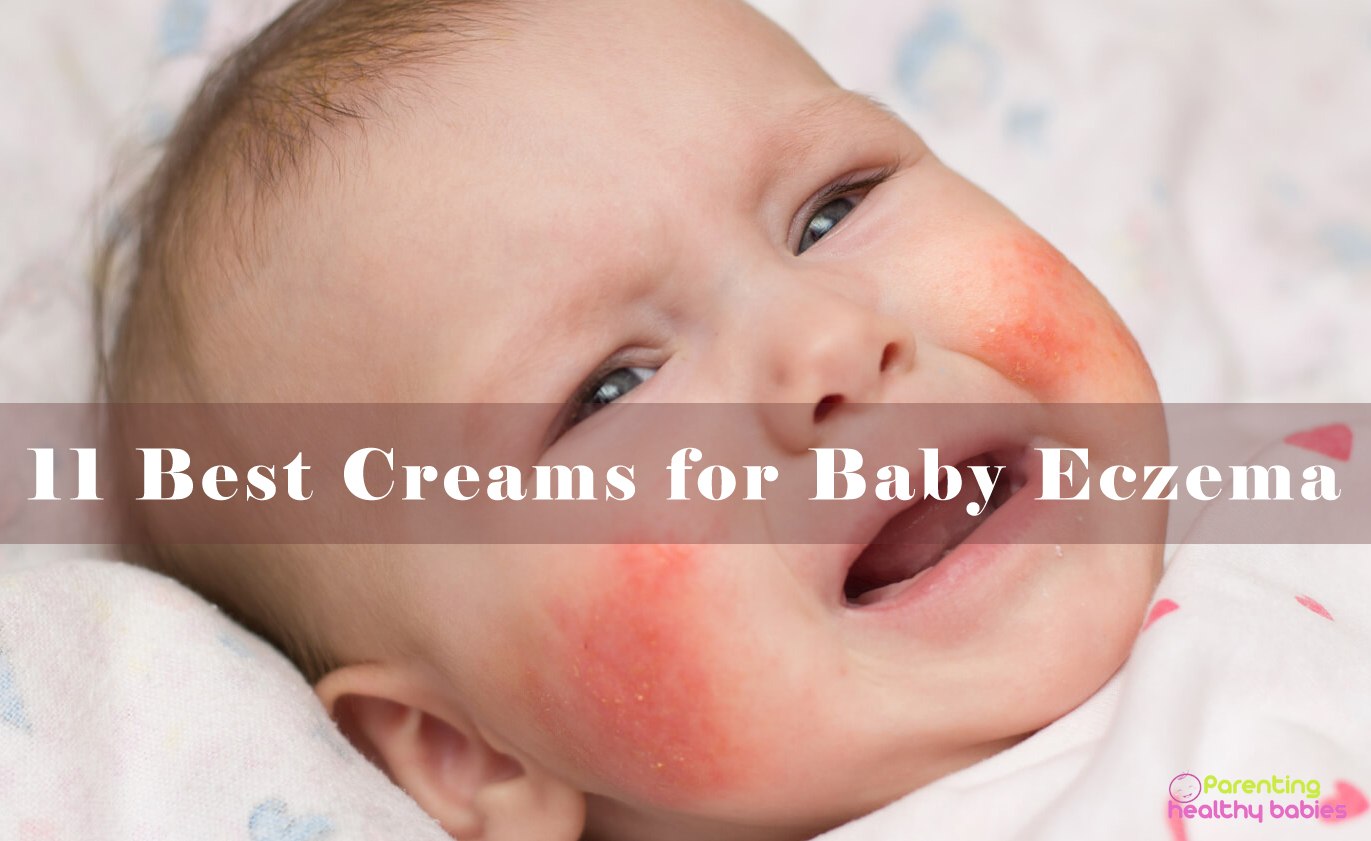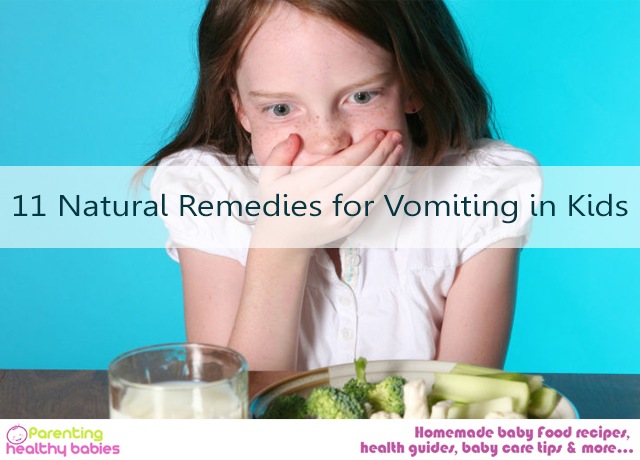Parents are usually worried about reading about things such as– baby wipes linked to food allergies. Some studies have found that baby wipes contribute to childhood food allergies and baby wet wipes cause food allergy.
In This Article:
A Guide for Overusing Baby Wipes
Using Baby Wipes
In Australia, according to a study up to one in ten babies and one in 20 older children have a food allergy. In children with a food allergy, allergic reactions can be severe and lead to complications and admittance in hospitals and even occasionally death.
But when it comes to baby wipes, parents can rest easy with no worries. The study being reported on did not provide proof that using baby wipes increases a child’s risk of developing a food allergy. Also, baby wipes weren’t analyzed, nor did they feature in the study at all. Plus, the study was on mice, not humans.
How was the Study Conducted?
The study was published in the Journal of Allergy and Clinical Immunology. Its main aim was to look at how damage to the skin barrier as occurs with eczema and contribution to the development of food allergy.
From other studies that skin barrier damage might be an important factor in baby food allergies. Infants with eczema are more likely to develop food allergies. Also, know that babies with some genetic mutations that affect the skin have more food allergies.
Researchers used mice to model a type of food allergy in humans, known as Ig-E mediated food allergy. Babies with this allergy develop “sensitization’ to certain foods such as peanuts. Some of the sensitized people then develop an allergic reaction when they eat the food.
At this stage, it is thought that sensitization could occur in humans through skin exposure but studies haven’t yet proven the link.
For the study, the researchers used newborn mice with genetic defects in skin barrier function genes and took several steps to cause the mice to develop reactions to peanut. They first applied sodium dodecyl sulfate, a chemical found in soap, on the mouse’s skin, to stop the next solution from rolling off the skin.
After this, they applied drops containing peanut and environmental allergens found in house dust to the skin at regular intervals to cause ‘sensitization’. They then gave the peanut orally.
The researchers tested mice for reactions that can indicate food allergy like a drop in body temperature after oral peanut exposure.
Allergens of the environment from house dust were used because researchers have previously shown that house dust may contain peanut proteins. They also showed that babies growing up in environments with more peanut in the dust more often develop peanut allergy but only if also having genetic mutations affecting the skin barrier.
What Were The Results?
The researchers showed they could cause peanut allergy in newborn mice with genetic defects in skin barrier function by exposing the mice to peanut along with house dust allergens through the skin.
Without the house dust allergens, none of the other triggers like sodium dodecyl sulfate, peanut, skin barrier mutation had any effect.
It is suggested that sensitization to peanut can occur through the skin in this mouse model but only in the presence of environmental allergens. The newborn mice required both genetic defects in skin barrier function and skin exposure to peanut and components of house dust for the development of allergy. It is not clear from this study alone that these same factors are also necessary for food allergy in children.
What About Baby Wipes?
The researchers state that the sodium dodecyl sulfate used to hold the solution in place is found in cleansing wipes. And in the baby wipes, there was no sodium dodecyl sulfate in the list of ingredients.
It is also difficult to know how this relates to the development of food sensitization in babies exposed to baby wipes, even the chemical not present in the wipes. This would require comparing the outcomes of mice who were exposed to sodium dodecyl sulfate, to those who were not. And this was not done in the study.
Conclusion
Keep the baby clean and use appropriate skincare, being careful not to scrub that delicate skin. If any kind of food allergy is seen, contact the doctor. There is no proven study done on babies.
Sources:
- https://theconversation.com/research-check-can-baby-wipes-cause-childhood-food-allergies-94981
- https://www.allergicliving.com/2018/04/11/reality-check-baby-wipes-dont-cause-food-allergy/













